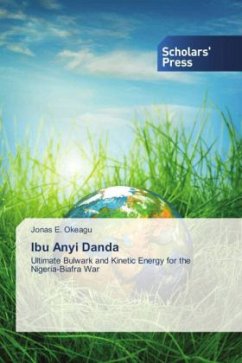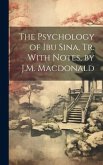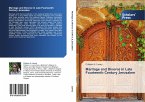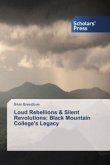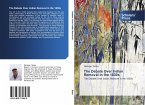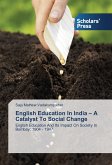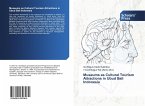At the beginning of the Nigeria-Biafra war, Lieutenant Colonel Yakubu Gowon, the Head of Federal Military Government of Nigeria, bragged that Biafra would be crushed within two weeks of surgical operation. At Dodan Barracks, Gowon in a press conference (September 13, 1968) told reporters that the war would be over in 4 to 8 weeks. The Federal Military Government expected a quick victory, but by the end of April 1969, after two years of bloody, destructive, and nonconventional war, the envisioned quick victory eluded Nigeria; and Biafrans were still holding on. Even with the support of Nigeria by world powers such as Britain and Soviet Union, that supplied heavy weapons, Biafra wrestled with Nigeria for 30 months. People are still bamboozled and mesmerized that the Nigeria-Biafra war lasted so long beyond Gowon s predictions, and that Biafra would have won the war if not for the overwhelming support (especially militarily) of Nigerian Military Government by Britain and the Soviet Union, as well as Egyptian and Arab pilots who frequently bombed and harassed civilians instead of military targets. No other racial/ethnic group in Nigeria can muster the same resistance as Ndigbo.
Bitte wählen Sie Ihr Anliegen aus.
Rechnungen
Retourenschein anfordern
Bestellstatus
Storno

